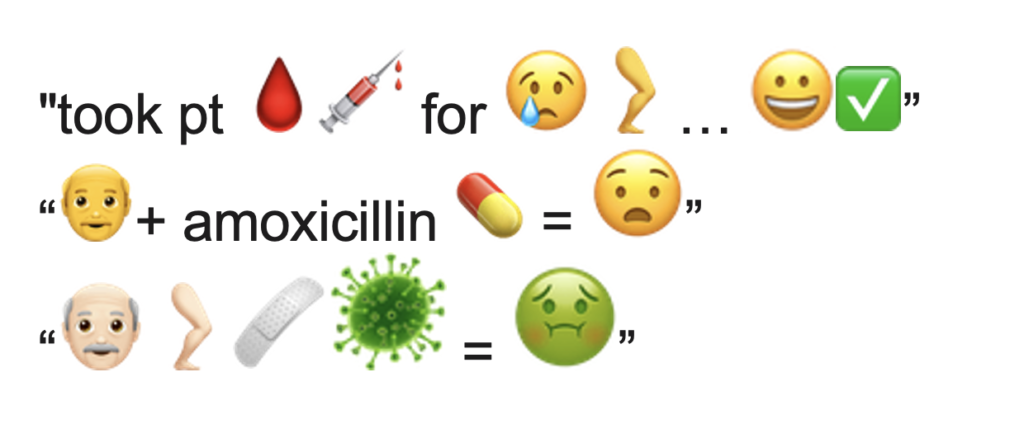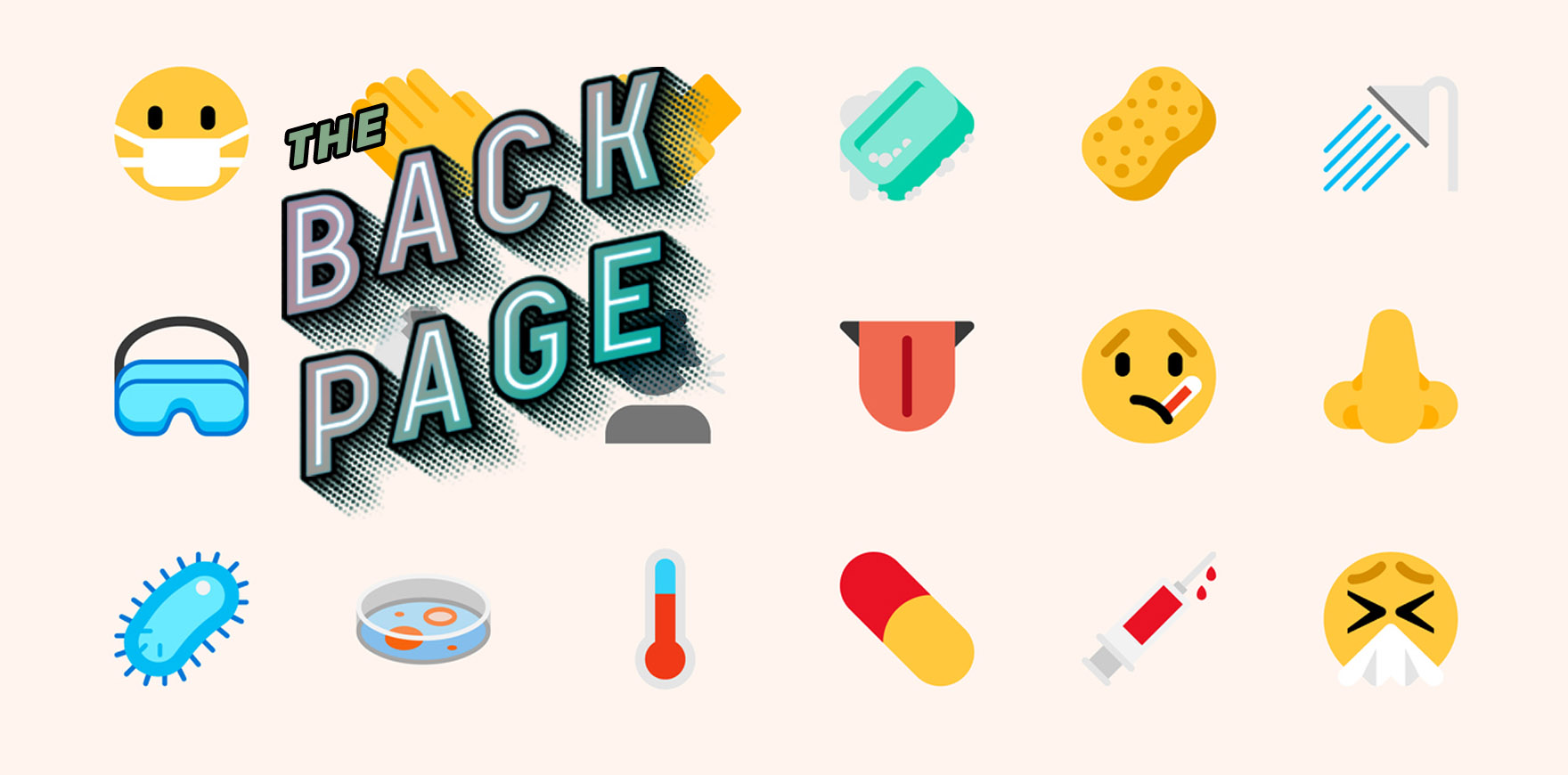:smiley: :relieved: FACE WITH TEARS OF JOY
Emojis are not being used to their full potential in medicine, experts have said.
A paper published in JAMA has called for the medical profession to come together and advocate for a greater range of emojis, which could aid in patient communication.
“It’s tempting to dismiss emoji as a millennial fad, the ‘textual equivalent of an adolescent grunt’,” the authors write.
But emojis can be useful to cross language barries and can help facilitate quick and clear communication during a crisis, the paper says.
The paper recommends that the medical community form a consensus on what iconography would best serve patients.
The emoji creation process is quite a long one, as each suggestion is reviewed by the nonprofit Unicode Consortium, with representatives from Microsoft, Apple, and Google.
The JAMA paper was penned by Jennifer 8. Lee, the vice-chair of the Unicode Emoji Subcommittee, Dr Shuhan He, an ED physician at Massachusetts General Hospital, and psychology academic Debbie Lai from The University College of London.
Around five billion emojis are used every day on Facebook, and some millennials struggle to express their feelings without them.
There are around 3,500 emoji in the Unicode Standard but only around 30 are relevant to medicine.
“The current set of medical emoji is the result of ongoing, if erratic, efforts over the last five years,” the authors wrote.
The first medical images included in the emoji lexicon were the syringe and the pill.
In 2016, the male and female health worker images were added.
In 2017, emojis were added to better represent people with disabilities, including the cane, mechanical arm and leg and the hearing aid.
And, in 2019 (just in time for the pandemic), the microbe was added, along with the stethoscope, blood drop, bone and tooth images.
In the future, hospital discharge summaries might read something like this (if the vision from a JAMA paper on the topic come true):

Do you have strong feelings about this story? Send pictorial reactions to felicity@medicalrepublic.com.au.


